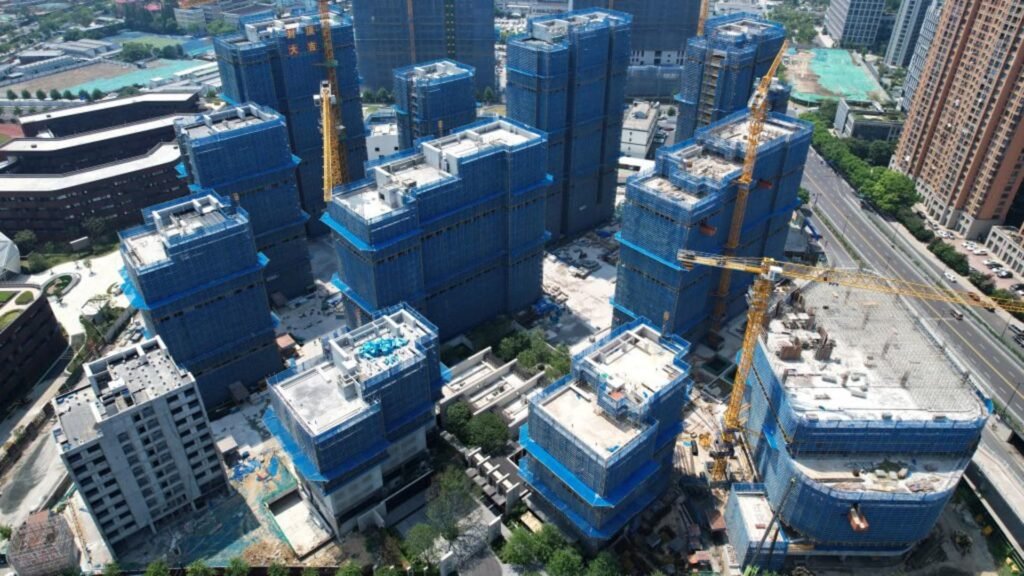BEIJING — China’s real estate woes and U.S. sanctions are hitting some cities harder while others benefit from Beijing’s high-tech push, according to the Milken Institute’s China Best Performing Cities Index.
The index has been tracking the economic vitality and growth prospects of China’s large and mid-sized cities since 2015. The latest edition roughly compares data for 2023 with data for 2021. Last year, the institute did not release a report due to a reevaluation of its methodology.
Hangzhou, capital of eastern Zhejiang province and home to tech companies such as Alibaba, topped this year’s ranking.
Meanwhile, other cities such as Zhuhai, once a “rising star,” have fallen in the rankings due to sluggish property prices.
The city in southern Guangdong province, near Hong Kong, dropped 32 places to 157th in the previous index published in 2022. Suddenly, no one is buying homes.
“Constructors had less funds to complete projects,” Perry Wong, the institute’s managing director of research, told reporters in Chinese, translated by CNBC.
Real estate and related sectors once accounted for more than a quarter of China’s gross domestic product, but in 2020 Chinese authorities began cracking down on property developers’ heavy reliance on debt.
Wong added that real estate was hindering growth in the region’s major cities except Dongguan, the factory city that’s home to Huawei’s sprawling European-style campus and has been hit hard by U.S. sanctions. Dongguan dropped 15 places to 199th in the Milken Index rankings.
The index includes 217 cities. Nearby metropolis Shenzhen has risen in the rankings, but it still only comes in ninth behind Beijing. Most of the Chinese companies the U.S. originally blacklisted were based in Shenzhen or Beijing, Wong noted in an interview with CNBC.
“Zhuhai is a very good place to operate the service industry and even high-end manufacturing industries in biotechnology,” he said. [excluding the real estate impact] It has a pretty promising future.”
Another city affected by geopolitical export restraints is Zhengzhou, capital of Henan province and home to iPhone maker Foxconn, which dropped from third to 22nd place.
Wong noted that historically, control of Zhengzhou, Hefei and Wuhan was crucial to ensuring control of the state.
From an economic perspective, Hefei in Anhui province and Wuhan in central China’s Hubei province performed well in the latest index.
Wuhan rose nearly 30 places to second place, while Hefei remained in the top 10. Wong attributed this to Wuhan’s efforts to keep factories running during the pandemic, allowing the city to recover quickly, and because Hefei’s universities received direct support from the government to develop technology.
Regarding Hangzhou’s success, the institute’s research points to the city’s growth as a center for e-commerce, manufacturing and finance.
But when asked on CNBC’s “Squawk Box Asia” whether Hangzhou’s success could be replicated, Wong said it would be difficult, in part because the local property sector’s boom is driving up the cost of living.




